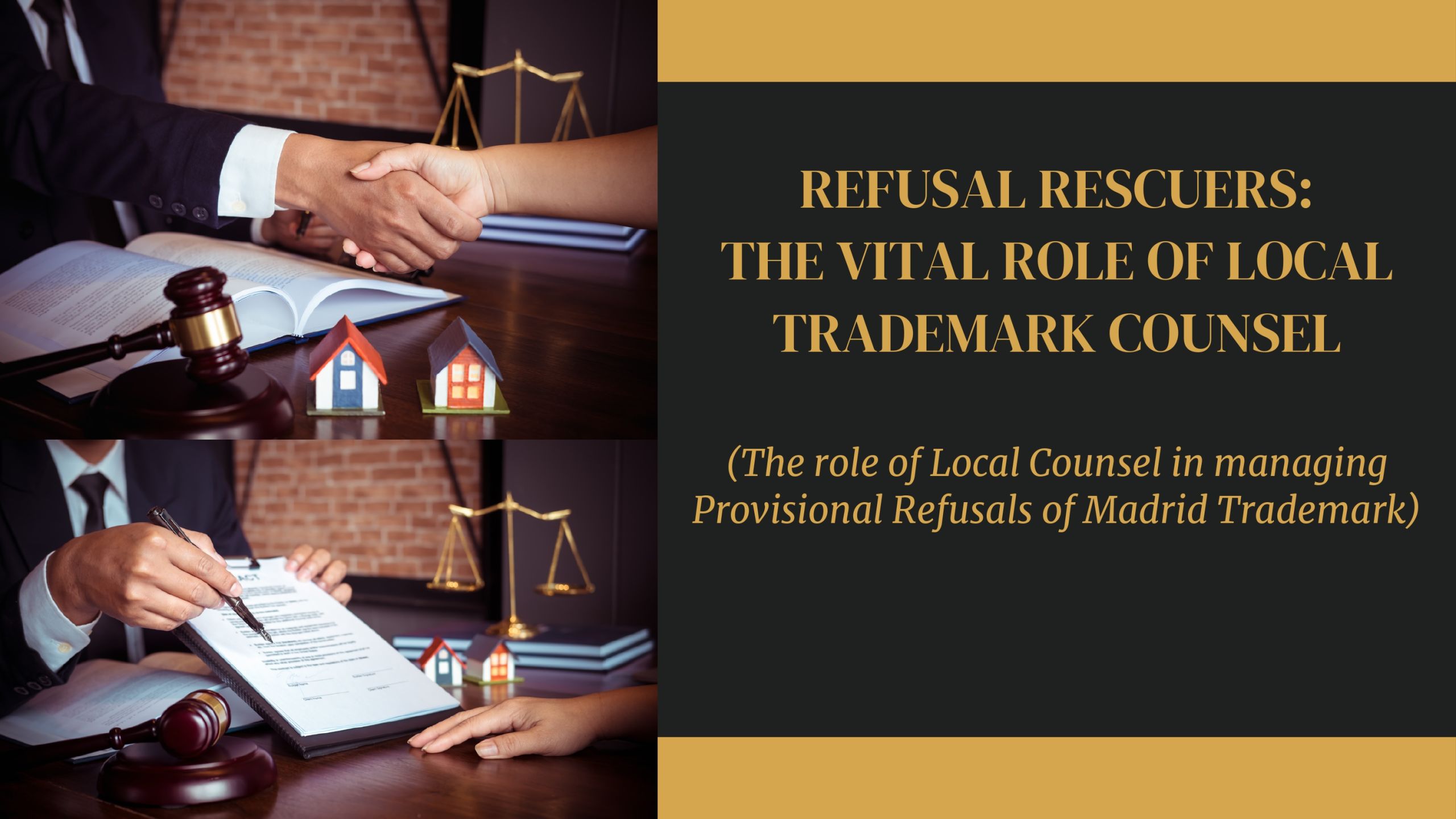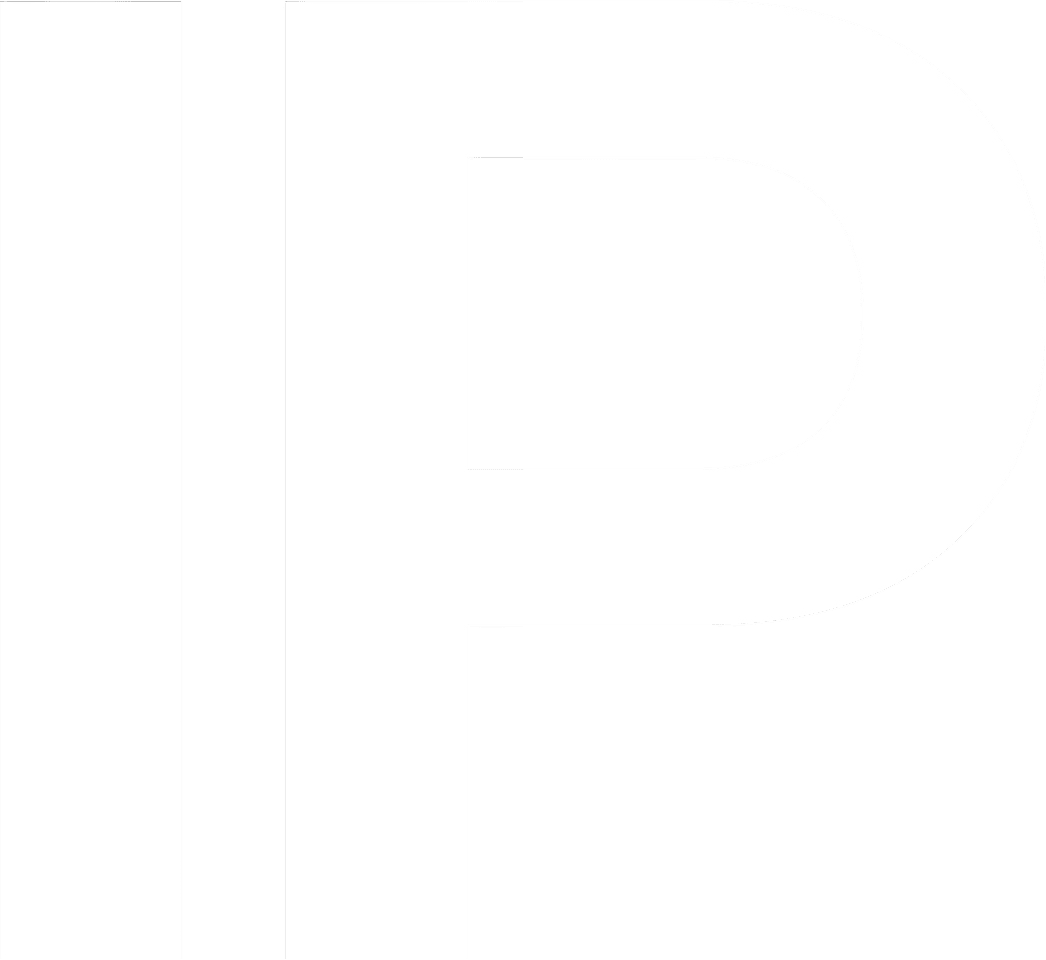Our earlier post on the Madrid system and the provisional rules provides a detailed analysis on the Madrid System, which is managed by the World Intellectual Property Organization (WIPO). This Madrid system has significantly impacted global trademark registration, with over a million registrations worldwide. It operates under two treaties: the Madrid Agreement of 1981 and the Madrid Protocol of 1989, the latter enhancing the system’s adaptability to modern business needs by providing a centralized platform for international trademark management.
A key feature of the Madrid System is the provisional refusal, an initial objection from a national trademark office to an international trademark application. Applicants must address these refusals by providing arguments, evidence, or amendments to persuade the office to allow the registration. Grounds for refusal vary by country but often include issues like lack of distinctiveness, conflicts with existing trademarks, or non-compliance with local laws.
In India, the Trade Marks Act of 1999 and the Trade Marks Rules of 2017 outline specific provisions for provisional refusals. Other jurisdictions like the UK, EU, and Canada also have their own procedures and timelines for responding to such refusals.
Despite the streamlined process offered by the Madrid System, national trademark offices maintain the authority to independently evaluate applications, leading to potential provisional refusals. Successfully overcoming these refusals is crucial for securing international trademark protection, often requiring expert legal guidance and well-prepared responses tailored to each jurisdiction’s regulations.

Best way to protect your client’s trademark abroad
Employing a Trademark agent or attorney ensures that you as a client are able to stay hassle free from the documentations, research, filing and other miscellaneous legal activities. It is the Trademark attorney who will help you the client in considering and choosing the best way to protect your trademark not only within your nation but across the globe.
In order to achieve this the trademark agent/attorney will help you in the following ways:
- Filing the trademark application in the specific countries you wish to have your trademark registered (Also known as the National Route)
- Filing the trademark applications in countries which are members of a regional trademark registration system with effect in all member states. These trademark registration systems include the ARIPO, Benelux Trademark office, OHIM & OAPI. (Also known as the Regional route)
- Finally they help you with the Madrid system filing procedure.
In the next section we will see how the Trademark agent/attorney takes the client through the Madrid system.
Considerations to be taken care of in the Madrid Route of Filing
The Trademark Agent/Attorney will help by ensuring that the following steps are followed:
- Filing trademark applicant in the office of origin
- Filing only in one language
- Ensuring that the fees to be paid by the client is uniform in terms of currency
- When refusals are issues ensuring they they are submitted in times
- Ensuring that the client does not incur any Translation, notarization, legalization and PoA costs.
The Trademark Agent/Attorney will also ensure that the Nature of your trademark is completely distinctive in other jurisdiction’s laws as well and has all found whether there are any prior similar marks in the Designated Contracting parties.
Local counsel plays a crucial role in managing various stages of trademark registration before a Designated Contracting Party. Pre-application procedures involve conducting availability searches and advising on the adoption of the mark within their jurisdiction. During registration, counsel provide legal advice to overcome Notifications of Provisional Refusals, prepare and file responses to these refusals, and handle opposition procedures. Post-registration, they manage procedures related to invalidation or cancellation actions and send reminders to the holder or their representative about deadlines for affidavits of use.
Madrid system and tips for how Trademark Attorneys aid in the process
The Madrid Agreement allows trademark owners in countries with both protocols and agreements to pay lower fees for extension extensions and have their extensions examined within a shorter 12-month refusal period, benefiting only about half of the Madrid System members.
- WIPO can issue objections to international registration applications due to failure to pay fees or vague or misclassified goods and services. These objections are issued as notices of irregularity, usually sent to the applicant’s home country’s patent and trademark office.
- Applicants have three months to respond, and the trademark attorney ensures that these timelines are strictly followed.
- If an applicant decides to extend their existing registration to additional countries, they can do so by filing a subsequent designation with either their home country patent and trademark office or WIPO directly. The trademark attorney ensures that a subsequent designation is not filed to add additional countries until the international registration issues registration certificate.
- The trademark attorney keeps up to date on the payment of the second part individual fee, which is due once the international registration extension is granted in the countries of japan, brazil and cuba specifically.
- The trademark attorney ensures that the international registration applicant’s email address is not the same as the international registration representative agent’s email address.
Conclusion
The local trademark counsel plays a vital role in navigating the complexities of the Madrid System and managing provisional refusals of international trademark applications. Their expertise is essential in addressing objections from national trademark offices by preparing tailored responses and ensuring compliance with local laws. Employing a trademark agent or attorney streamlines the process, from filing applications to handling refusals and subsequent designations. This professional guidance is crucial for securing and maintaining international trademark protection, thereby allowing clients to safeguard their brands globally with confidence and efficiency.
Written by Gayathri S, legal intern @ Intepat
